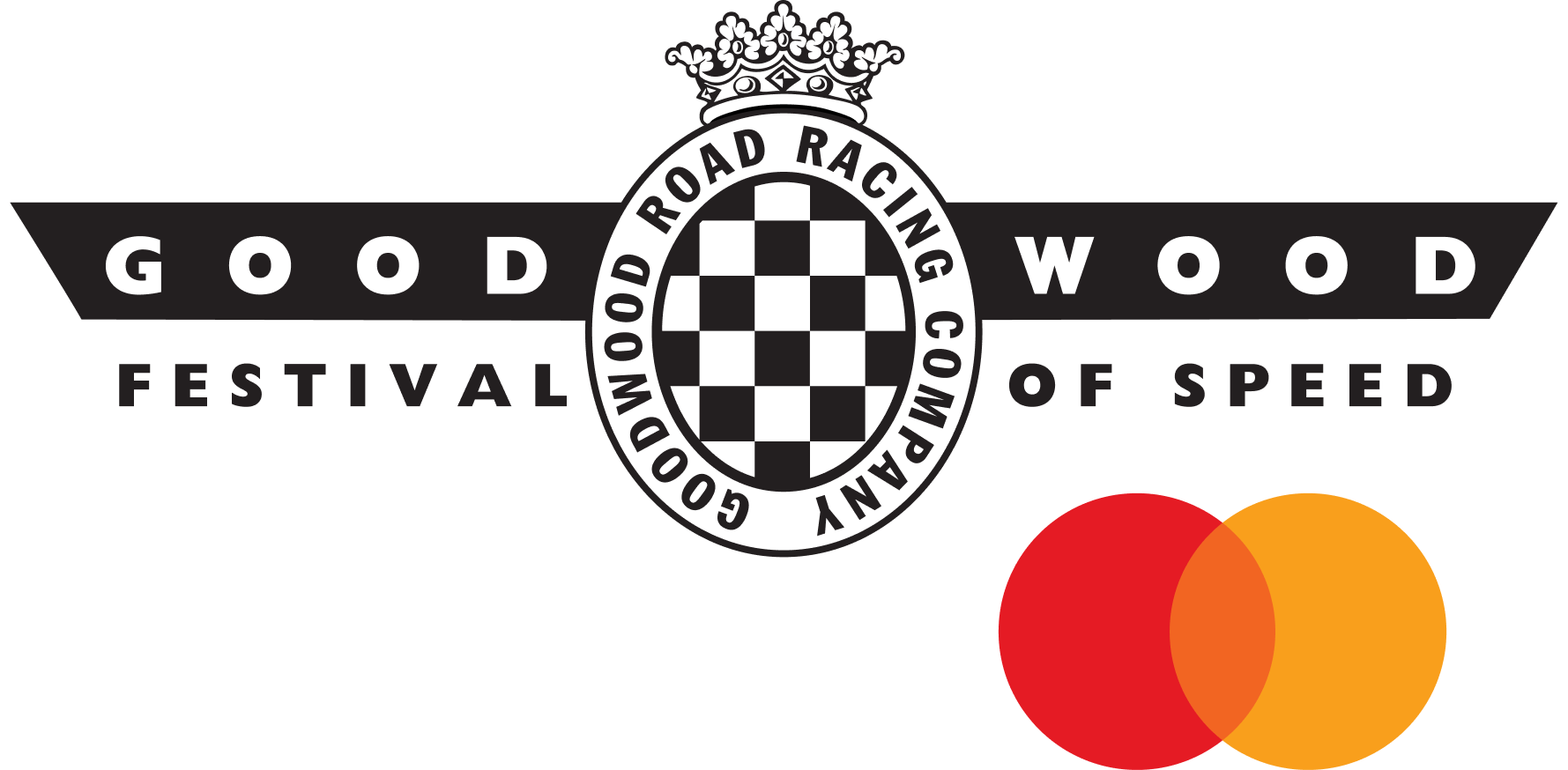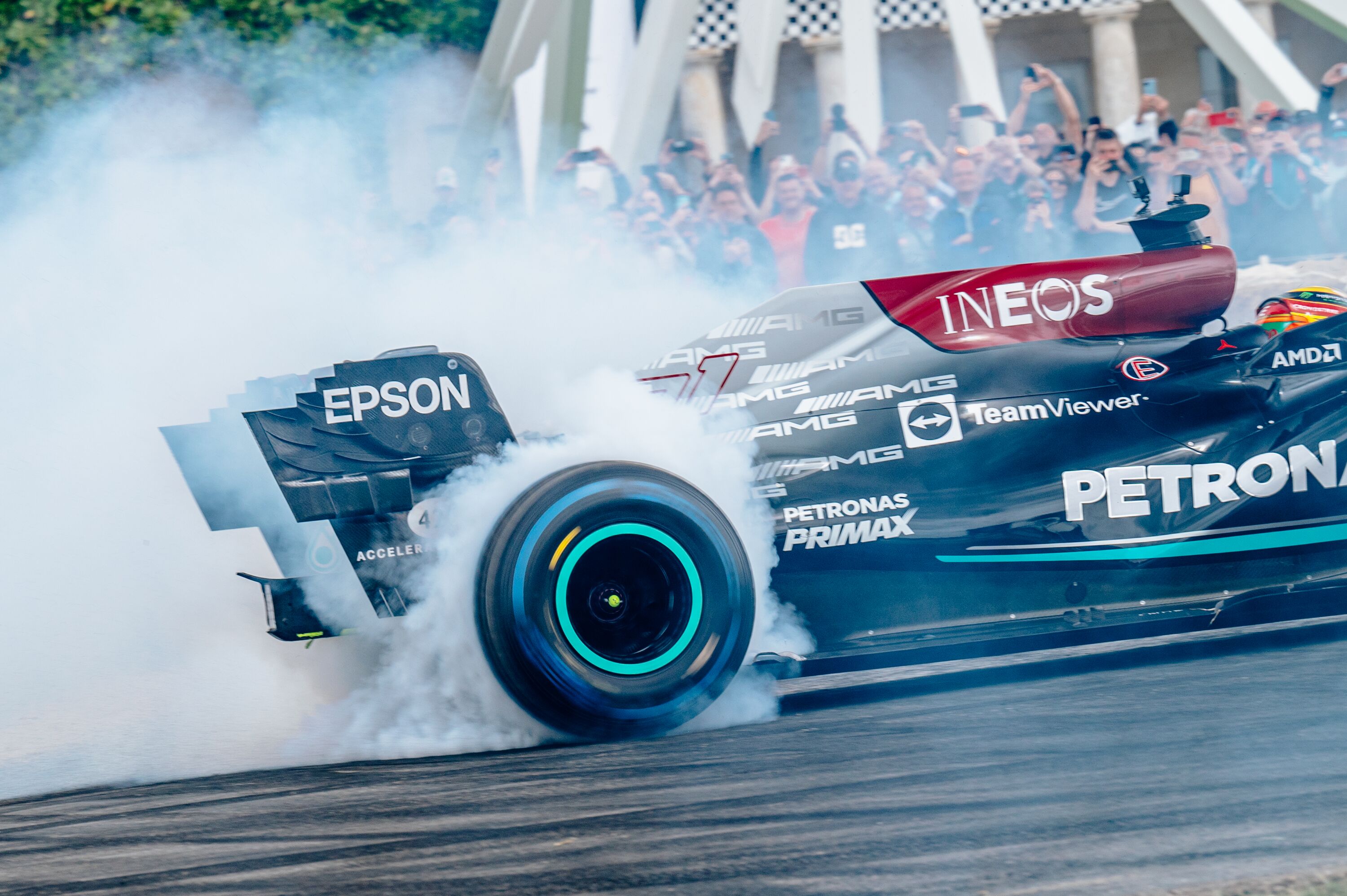Ferrari F80 is a ‘once in a decade’ hypercar
Ferrari has unveiled its next ‘once in a decade’ hypercar, the F80, a car celebrating the company’s 80th anniversary and has illustrious ancestry including royalty like the F40, F50, Enzo and LaFerrari. The new Ferrari is a hybrid with a twin-turbocharged V6 shot in the arm by three electric motors producing a stonking 1,199PS (882kW) combined with four-wheel drive, active torque vectoring, and motorsport-grade aero.

Ferrari F80 engine and performance
Ferrari’s 3.0-litre twin-turbo V6 will be central to the experience. It’s loosely based on the same engine in the 296GTB but shares parts with the motor in the Le Mans-winning 499P, allowing it to rev to an ear-splitting 9,200rpm and produce 900PS (662kW). It’s the most powerful engine Ferrari has ever made, yet it weighs no more than the engine in the 296 thanks to titanium bolts and a revised crankcase.
Along with V6, you get three electric motors, two 140PS (103kW) motors, each powering a front wheel and an energy recovery system linked to the back axle that can recover as much as 95PS (70kW) from the back axle and use it to torque fill before the turbos chime in. Even the turbos have electric motors that bring them instantly up to pace.
The result of all this is that the Ferrari F80 produces 1,199PS (882kW), getting it from 0-62mph in 2.15sec, 0-124mph in just 5.75sec and tapping out at a defiant 217mph limited top speed – slightly slower than either the McLaren W1 and the Mercedes-AMG One. Around Ferrari’s Fiorano test track, the F80 clocked a 1:15.3 lap time – 4.4 seconds quicker than a La Ferrari.
Power modes mean you can fine-tune exactly how unhinged you want your F80 to be, and the steering wheel’s manettino knob has options that include Hybrid, Performance and Qualify.
Ferrari isn’t claiming any eco credentials for the new F80; its 2.3kWh battery is too small for a pure EV mode, but select Hybrid on the manettino, and it’ll coast to a stop with the engine off. Performance and Qualify modes access Ferrari’s Boost Optimisation, which can scout a track and teach when to deploy the car’s electrical power most efficiently.
Ferrari F80 styling, design and aero
The F80’s styling blends the athleticism of cars like the F40, F50 and Enzo with the aggression of the LaFerrari and the voluptuous curves of the classic 330 P3. The 499P racer has also influenced its double-stacked front end.
Underneath, Ferrari says the F80 has more in common with an F1 car, with channels used to funnel air out the back of the car in the same way a bonnet-mounted S-Duct sends air over the top of the car. NACA ducts behind the doors also do their bit, ramming air into the engine to prise out another 5PS (3.6kW).
Clearly, the F80’s most significant piece of aero is its huge rear wing. It can adjust its height and angle of attack and combines with the rear diffuser to produce a hefty 590kg of downforce, marginally piping the front end, producing 460kg of downforce. Combine the two, and at 155mph, the Ferrari has up to 1,000kg of sticking power.
You’ll want a stiff chassis to use all that downforce, so it’s remarkable to hear that the F80 has 50 per cent more torsional rigidity than the old LaFerrari despite being 60kg lighter. The car’s shell and roof are made from carbon fibre, with aluminium subframes and screws made from titanium. 3D printed titanium wishbones play a part in the automotive sculpture. Connected to those wishbones, Ferrari’s Multimatic active suspension is powered by four 48V actuators that can keep the car flat in bends and help create ground effect aero at speed.
In a 217mph hypercar, you’ll want good brakes, and the F80 delivers with six-pot callipers grabbing 408mm ceramic discs at the front and four-pot callipers with 390mm discs at the rear.
Ferrari F80 interior
Inside, Ferrari calls its new hypercar a ‘1+1’ with an asymmetrical seating arrangement favouring the driver and a passenger seat fixed to the rear firewall. The chunky flat-bottomed steering wheel features physical buttons, and a digital display is mounted to the steering rack to give you a perfect view of its readouts. There’s even space for some Ferrari-made luggage behind the seats.
Ferrari F80 price and release date
Even without the luggage, the Ferrari F80 will sell for more than £3.1 million a piece, and orders have already been taken for all 799 cars getting built.
modern
ferrari
F80
hybrid
hypercar
road
news










































































